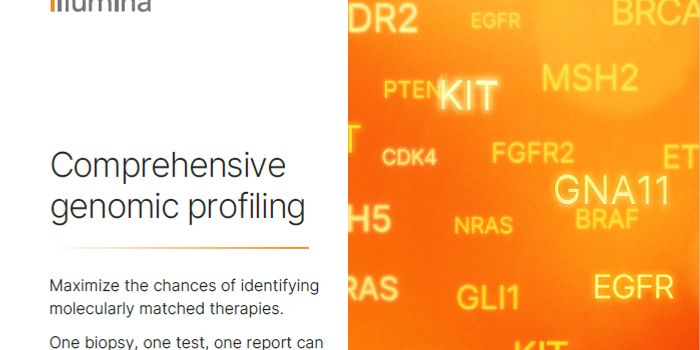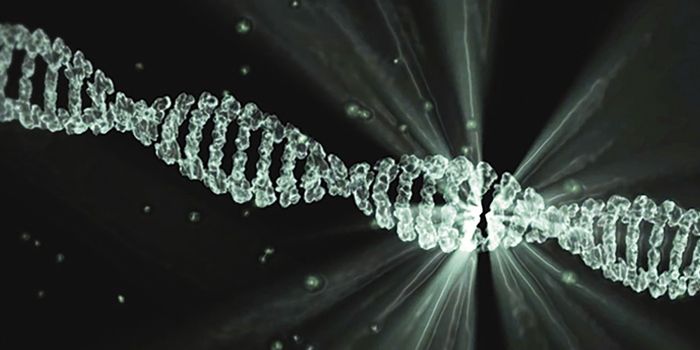23andMe's polygenic risk report slammed by UK health minister
23andMe is a Silicon Valley DNA testing company with a motto that reads ”Everyone has a right to their genetic information”. A fair point, it seems, but the company has recently entered into a lot of public controversy off the back of their polygenic risk reports.
The polygenic risk report is essentially a risk score for diseases such as diabetes. Previously, the standard model was to scan the genome for individual mutations which are commonly known to contribute to such a disease. The issue with this was that one single gene seldom determines a disease. Thus, the polygenic model was introduced, scanning all 20,000+ genes and gathering large amounts of data for analysis.
The analysis evidently involves seeing how certain genes will manifest when in combination with other genes. 23andMe is perhaps the leading DNA home test kit company. 23andMe’s polygenic tests are what separates the company from others like Ancestry, who do not offer such health-related reports. 23andMe claim that they measure over 1,244 distinct locations within the genome for their diabetes risk assessment. The issue is that 1,244 genes are a small fraction of the available DNA, making their tests widely speculative on correlations, which is giving people the wrong idea.
Polygenic risk report controversy
Matt Hancock, the UK’s health minister, has received overwhelming criticism in a recent promotional video that he did for genomic testing of health risks. Claims that he was showing an “astonishing level of ignorance” about the tests and their future impacts on the NHS.
Whilst the controversy isn’t necessarily aimed directly at 23andMe, but rather the tests in general, it is hurting the company the most of all the DNA home testing companies, as it is the most involved with such tests.
What isn’t at fault here is the testing’s potential or the efforts behind its existence, but rather the common misinterpretations of results. David Curtis, a professor at the University College of London’s Genetics Institute, said that Matt Hancock’s promotional video was a prime example of people misinterpreting their own results from such tests.
He claims that “as a result of his misunderstanding, he first suffered unnecessary anxiety and then took up valuable medical time,” and that he is now going to waste the NHS’s already-scarce resources by booking unnecessary appointments with his General Practitioner for a problem “which essentially does not exist”.
What David Curtis is referring to here is that Matt Hancock’s result of getting prostate cancer before 75 was almost 15%, where he misunderstood this to be concerned that he is at risk. Quite the opposite is true in fact; 15% is a moderate level of risk in fact.
Whilst some rare diseases can be found through genetic testing, polygenic testing is proving difficult for scientists to get behind, who doubt the validity of such tests.
Only 17% of breast cancer cases can be detected by polygenic risk scores, meaning that there is an incredibly high amount (83%) of type II errors (false negatives). This would lead 8 out of 10 women who have breast cancer to believe they are fine. This could be incredibly damaging if a DNA testing company was to perform a categorical diagnosis or even infer one that could be misinterpreted to be one. Hence why regulations are still stiff, albeit young and prone to oversights.
There is still a place for 23andMe’s polygenic testing
Whilst there is still a place for the future of home DNA test kits for risk reports, it is advised that such test results are by professionals. This is arguably the most important bit, because as databases become larger, more analysis is conducted, and with the endless Machine Learning capabilities, genetic testing can only become stronger in its predictive power.
It is somewhat of an inevitability that polygenic risk reports will have a significant place in society, and will further progress the decentralization of knowledge, science, and power to individuals. Currently, there is no harm in it only if you understand its limitations and how to interpret the results.
It becomes dangerous when customers are very casual about the testing, and oversee these things. This is down to the responsibility of companies like 23andMe to be upfront, loud and clear about its limitations, and its advice that results should be interpreted by a professional.








